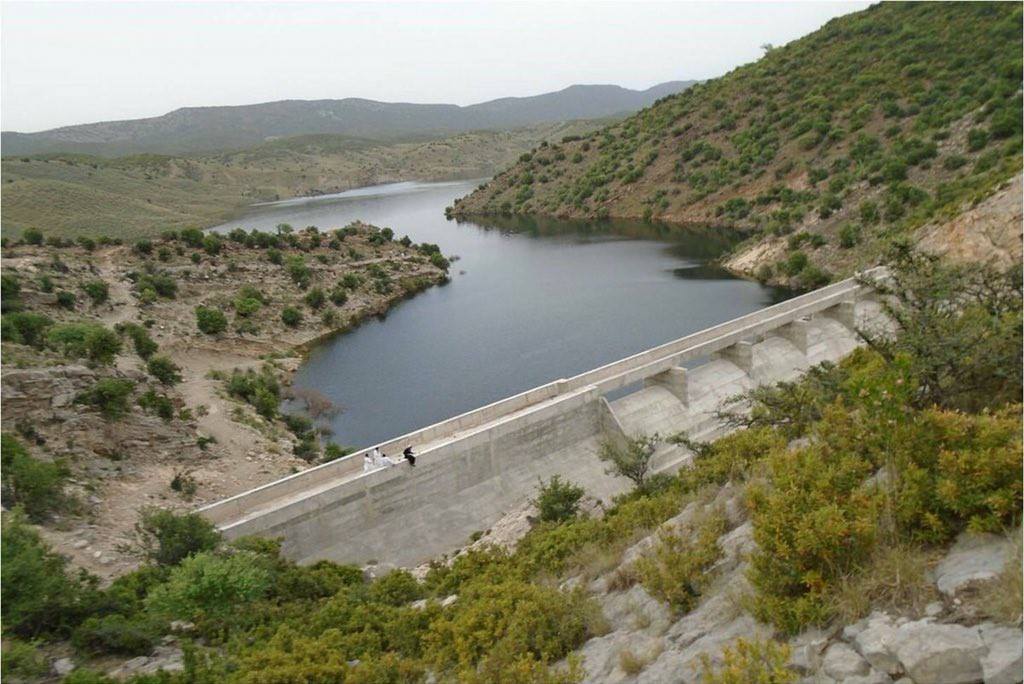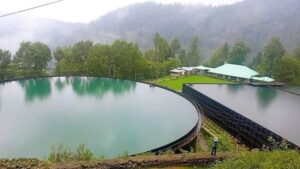The Khyber Pakhtunkhwa government has approved sweeping changes to strengthen the Rivers Protection Ordinance 2002, turning it into a comprehensive law titled the Rivers Protection (Amendment) Bill 2025.
Officials say the move aims to safeguard rivers, curb encroachments, and address growing environmental challenges in the province.
Also Read: KP government plans to establish climate action board
According to the spokesperson for Chief Minister Ali Amin Gandapur, the new law declares a 200-foot strip along riverbanks as protected land where all forms of construction will remain banned. Any individual or business seeking to build near a river or stream must obtain a no-objection certificate (NOC) before starting work.
The bill also makes it mandatory for hotels, restaurants, and households located near rivers to install proper treatment plants for wastewater. The government insists this measure will reduce pollution and preserve aquatic ecosystems.
Also Read: Climate change in Pakistan: rising seas, fading forests, and the cost of inaction
Penalties for violating the law have increased significantly. The previous fine of 10,000 rupees (35 US dollars) now stands at 100,000 rupees. In addition, the violation of the Rivers Protection (Amendment) Bill 2025 has been classified as a non-bailable offence, carrying a proposed jail sentence of up to seven years.
Chief Minister Gandapur has ordered a province-wide operation against encroachments on riverbanks. Authorities have launched demolition drives to remove illegal structures, insisting that the campaign will continue without discrimination. “We are taking decisive action to protect rivers and tackle environmental issues. No one will be spared in this operation,” said spokesperson Faraz Mughal.
Environmental experts have long warned that unchecked construction along rivers in Khyber Pakhtunkhwa increases the risk of flooding, damages water quality, and destroys natural habitats. The government argues that the Rivers Protection (Amendment) Bill 2025 offers a long-term framework to balance development with environmental sustainability.
The new legislation reflects a growing recognition that rivers in Khyber Pakhtunkhwa face severe threats from pollution, encroachments, and climate change. By enforcing stricter laws, the provincial government hopes to protect vital water resources and ensure safer communities for the future.












